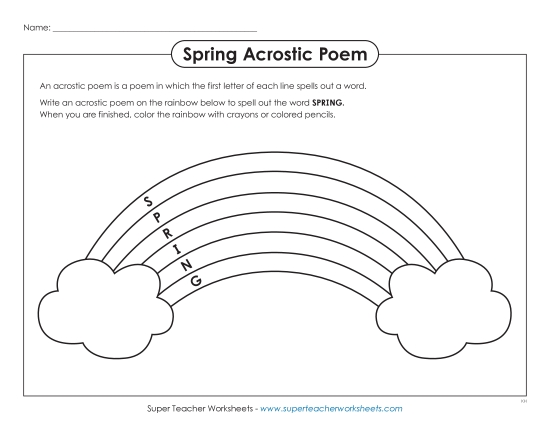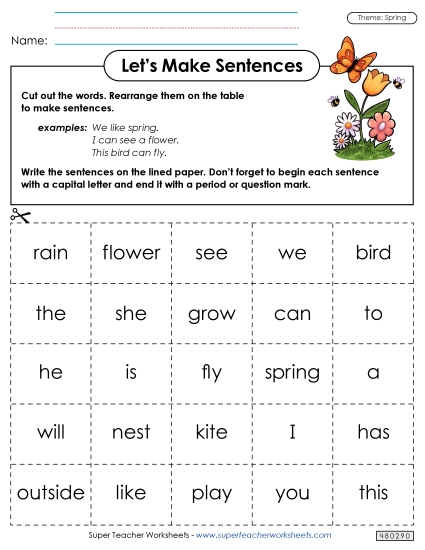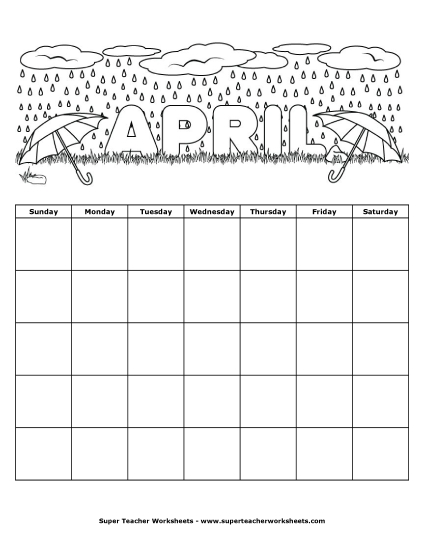RF.2.3:
Reading Foundational Skills
Phonics and Word recognition
Know and apply grade-level phonics and word analysis skills in decoding words.
RF.2.3c:
Reading Foundational Skills
Phonics and Word recognition
Decode regularly spelled two-syllable words with long vowels.
W.2.1:
Writing
Text Types and Purposes
Write opinion pieces in which they introduce the topic or book they are writing about, state an opinion, supply reasons that support the opinion, use linking words (e.g., because, and, also) to connect opinion and reasons, and provide a concluding statement or section.
W.2.3:
Writing
Text Types and Purposes
Write narratives in which they recount a well-elaborated event or short sequence of events, include details to describe actions, thoughts, and feelings, use temporal words to signal event order, and provide a sense of closure.
W.2.5:
Writing
Production and Distribution of Writing
With guidance and support from adults and peers, focus on a topic and strengthen writing as needed by revising and editing.
W.3.1:
Writing
Text Types and Purposes
Write opinion pieces on topics or texts, supporting a point of view with reasons.
W.3.1a:
Writing
Text Types and Purposes
Introduce the topic or text they are writing about, state an opinion, and create an organizational structure that lists reasons.
W.3.1b:
Writing
Text Types and Purposes
Provide reasons that support the opinion.
W.3.1c:
Writing
Text Types and Purposes
Use linking words and phrases (e.g., because, therefore, since, for example) to connect opinion and reasons.
W.3.1d:
Writing
Text Types and Purposes
Provide a concluding statement or section.
W.3.2d:
Writing
Text Types and Purposes
Provide a concluding statement or section.
W.3.3:
Writing
Text Types and Purposes
Write narratives to develop real or imagined experiences or events using effective technique, descriptive details, and clear event sequences.
W.3.4:
Writing
Production and Distribution of Writing
With guidance and support from adults, produce writing in which the development and organization are appropriate to task and purpose. (Grade-specific expectations for writing types are defined in standards 1-3 above.)
W.3.5:
Writing
Production and Distribution of Writing
With guidance and support from peers and adults, develop and strengthen writing as needed by planning, revising, and editing.
W.3.10:
Writing
Range of Writing
Write routinely over extended time frames (time for research, reflection, and revision) and shorter time frames (a single sitting or a day or two) for a range of discipline-specific tasks, purposes, and audiences.
W.4.1:
Writing
Text Types and Purposes
Write opinion pieces on topics or texts, supporting a point of view with reasons and information.
W.4.1a:
Writing
Text Types and Purposes
Introduce a topic or text clearly, state an opinion, and create an organizational structure in which related ideas are grouped to support the writer's purpose.
W.4.1c:
Writing
Text Types and Purposes
Link opinion and reasons using words and phrases (e.g., for instance, in order to, in addition).
W.4.1d:
Writing
Text Types and Purposes
Provide a concluding statement or section related to the opinion presented.
W.4.2a:
Writing
Text Types and Purposes
Introduce a topic clearly and group related information in paragraphs and sections; include formatting (e.g., headings), illustrations, and multimedia when useful to aiding comprehension.
W.4.2e:
Writing
Text Types and Purposes
Provide a concluding statement or section related to the information or explanation presented.
W.4.3:
Writing
Text Types and Purposes
Write narratives to develop real or imagined experiences or events using effective technique, descriptive details, and clear event sequences.
W.4.4:
Writing
Production and Distribution of Writing
Produce clear and coherent writing in which the development and organization are appropriate to task, purpose, and audience. (Grade-specific expectations for writing types are defined in standards 1-3 above.)
W.4.5:
Writing
Production and Distribution of Writing
With guidance and support from peers and adults, develop and strengthen writing as needed by planning, revising, and editing.
W.4.10:
Writing
Range of Writing
Write routinely over extended time frames (time for research, reflection, and revision) and shorter time frames (a single sitting or a day or two) for a range of discipline-specific tasks, purposes, and audiences.
RF.4.4b:
Reading Foundational Skills
Fluency
Read on-level prose and poetry orally with accuracy, appropriate rate, and expression on successive readings.
RF.3.4b:
Reading Foundational Skills
Fluency
Read on-level prose and poetry orally with accuracy, appropriate rate, and expression on successive readings












